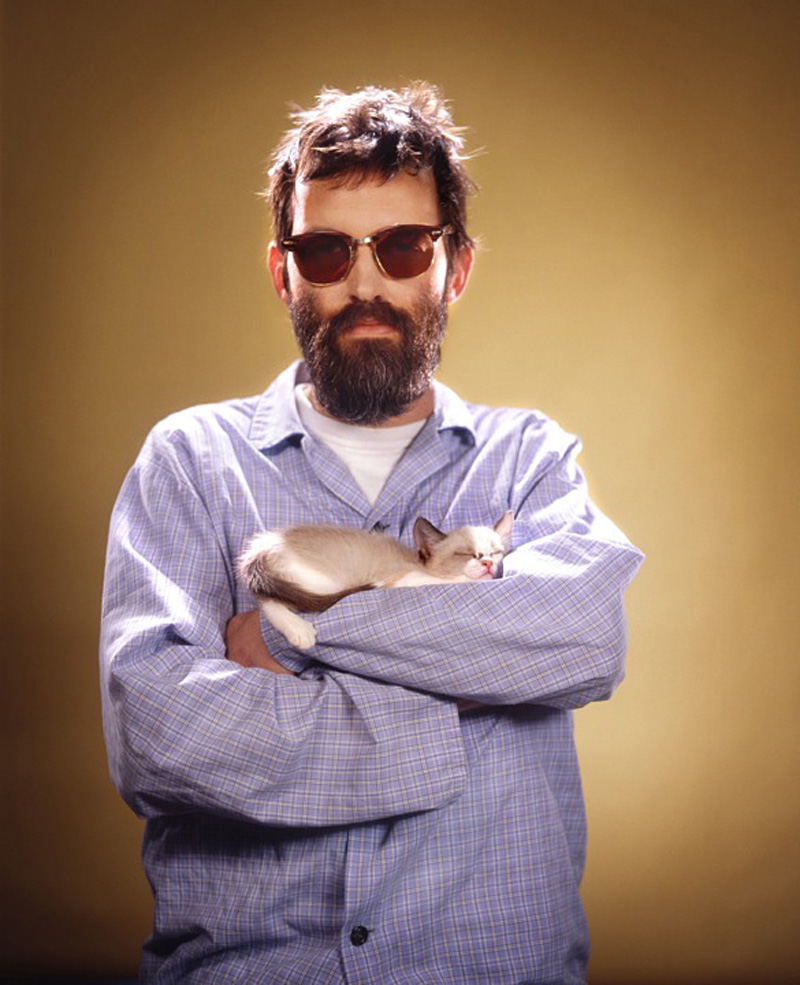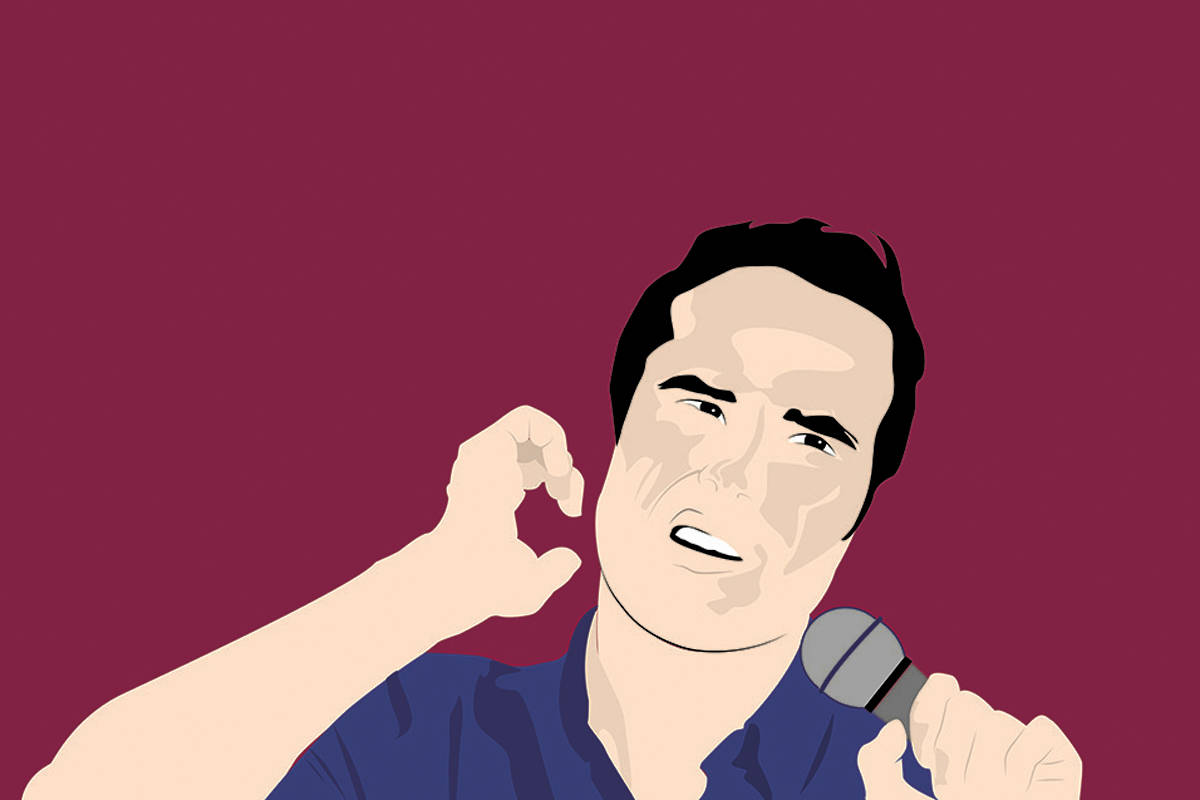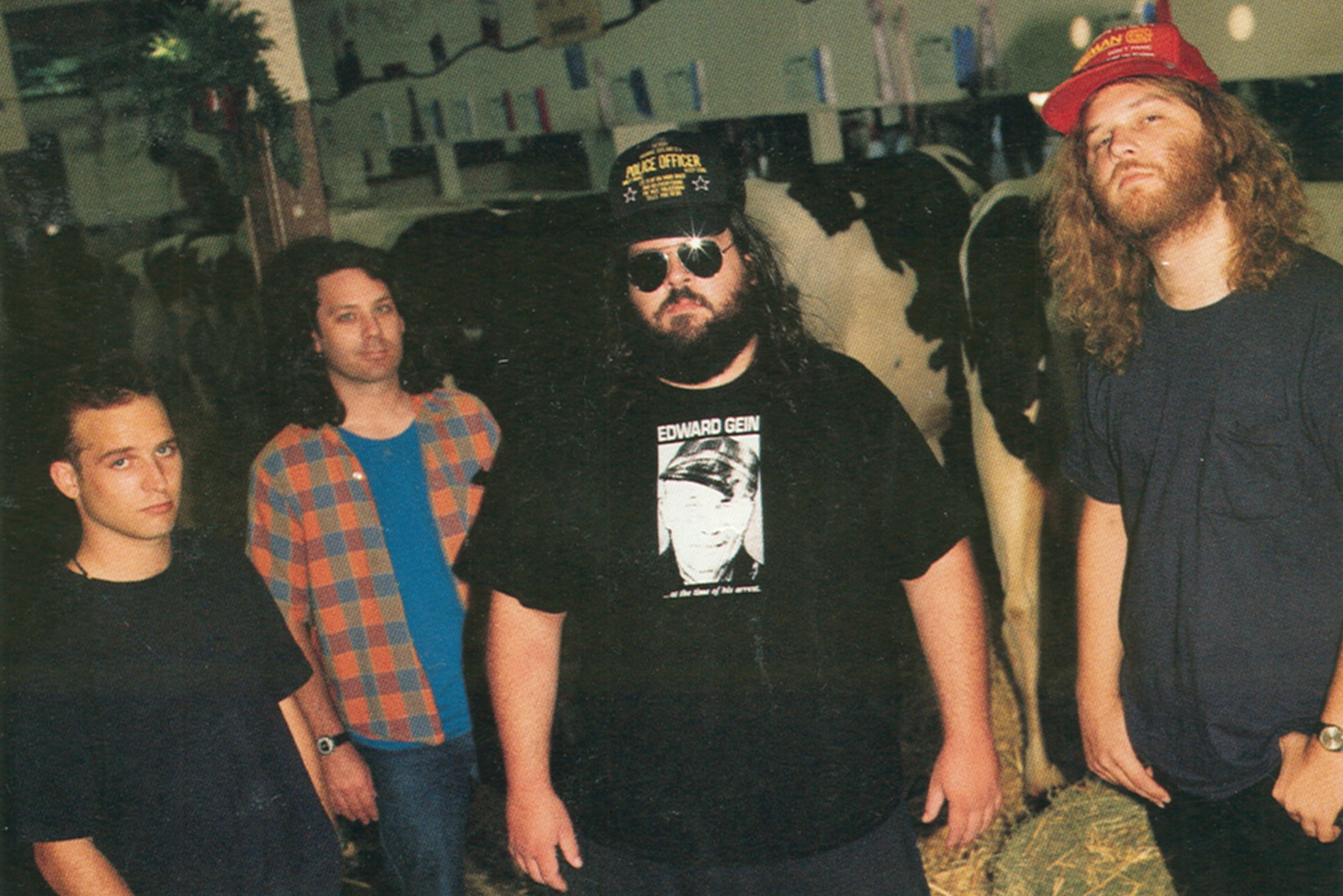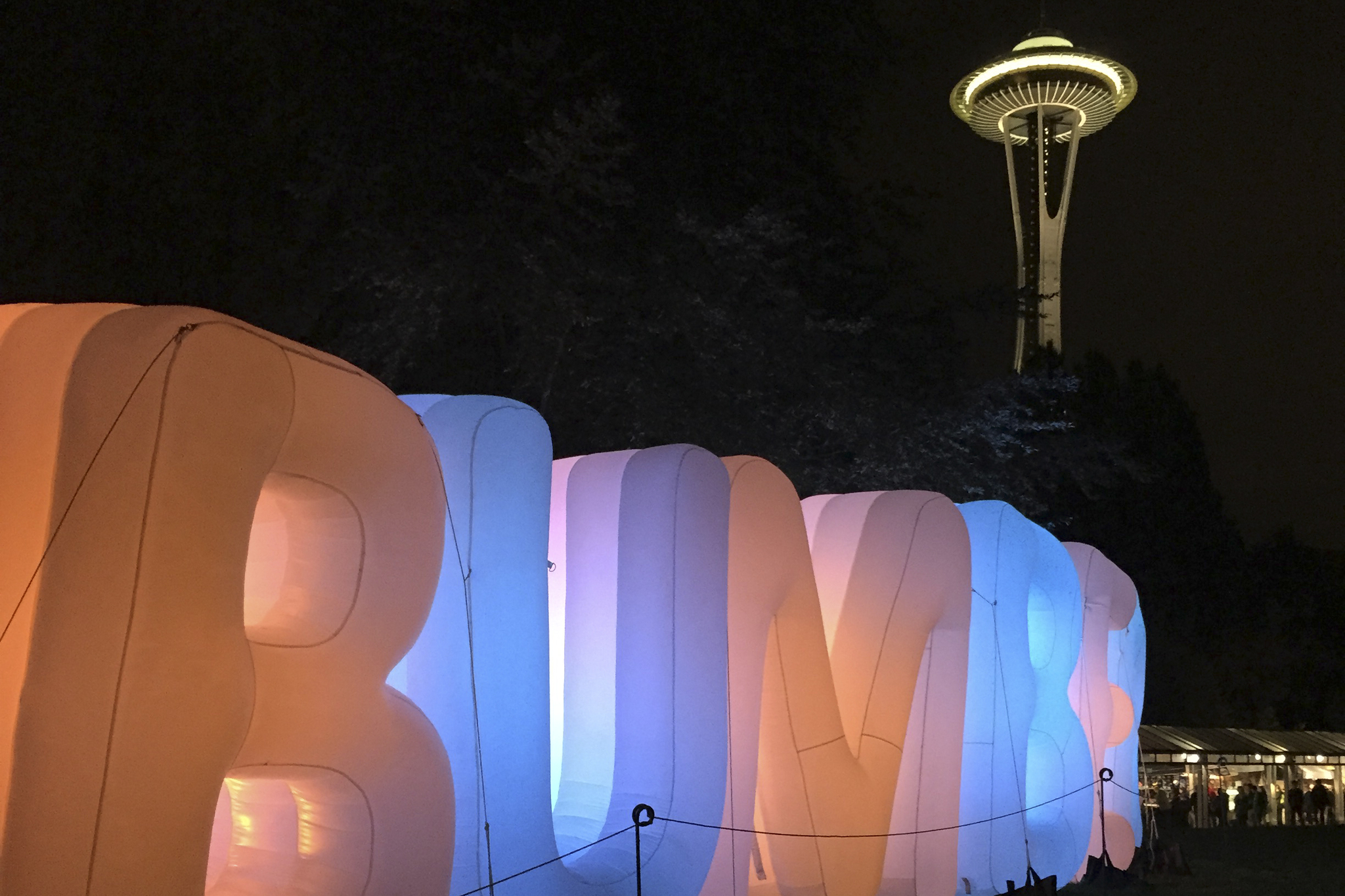SW: You built a new studio prior to recording the album, correct?Everett: What happened was, most of the previous records were made in a basement that was pretty small. Over the years it got piled up with more and more musical instruments, to the point where we could barely fit people in the room, and it turns out you need people to play musical instruments. So we were forced into a bigger space.Have you always made your records in your own studio and on your own dime?I always pay for everything, and usually the label doesn’t even know I’m working on something. I usually don’t tell them about it until it’s mastered and finished. I want to make sure it’s something I want to put out, so I don’t let on that anything’s going on until I’m sure I’m happy with it.How do you measure success these days? You had commercial success early on with Eels, but have managed to segue into being a career artist.I’m very fortunate, because all I’ve done all these years is just kept my nose to the grindstone and been very focused on making what I felt like I had to make.I think of myself as the audience. I’m just trying to impress myself, and it’s often been lonely work over the years where it felt like I was the only one who cared about it. The records would come out, and often it felt like they weren’t very appreciated or noticed, but I got lucky that over the years they kind of all stood the test of time and took on a life of their own and people slowly came on board. It’s really the best possibility. I do what I want to do when I want to do it and people come along for the ride, and it just keeps slowly growing in that respect, so I get to keep doing it.You were cut out of Judd Apatow’s This Is 40 in an amusing scene that was recently released online. How did that appearance come to be, and what was it like doing a scene with Paul Rudd?He’s used some of our music before in his movies, and he’s been to our shows. Then I got a call one day—I’d just gotten home from tour—and they said, “Hey, do you want to come down and do a scene with Paul Rudd?” And it was one of the more unusual calls I got, and I thought that’s exactly the kind of thing where at first you get this anxiety of, “Do I want to do this?” And then you realize, “Yeah, I’ve got to do this.” When the possibility of failure and humiliation is lingering in the air, that means also the possibility that something good is there, so you’ve got to go for it.Can you talk about the album’s title and why you chose those two words?Well the album’s called Wonderful, Glorious and then there’s a plane dropping bombs on the cover, and I think that might lead some people to think the title is supposed to be ironic, but it’s not at all ironic in my mind. It’s just saying life is hard for all of us and every day we’re going through trials and tribulations and bombs are falling everywhere, and we’re trying to navigate our way to not get hit by one of them.Is there a lyric or a line on the album you’re particularly proud of?I like the very last lyric on the album. For me, I feel like it might be as close as I’ll ever get to an “And in the end, the love you take is equal to the love you make” moment.And what’s your line?”My love is beautiful and here for the taking/It’s strong and pure and utterly earth-shaking/My love has brought me here to show you it’s true/A wretch like me can make it through.”music@seattleweekly.com
SW: You built a new studio prior to recording the album, correct?Everett:









